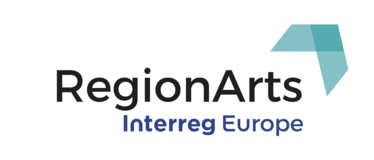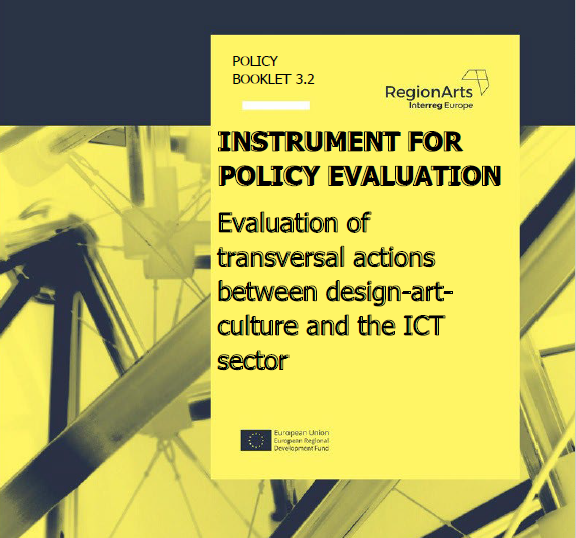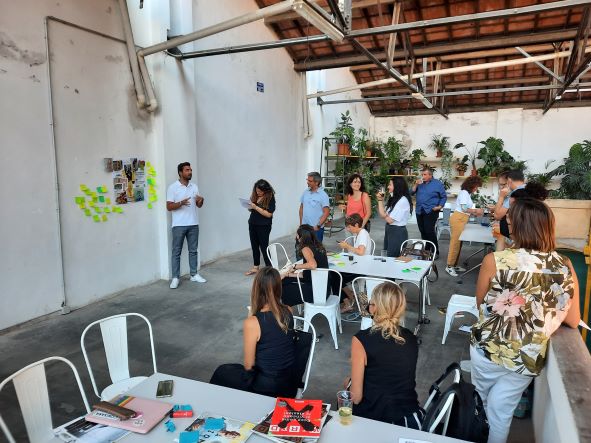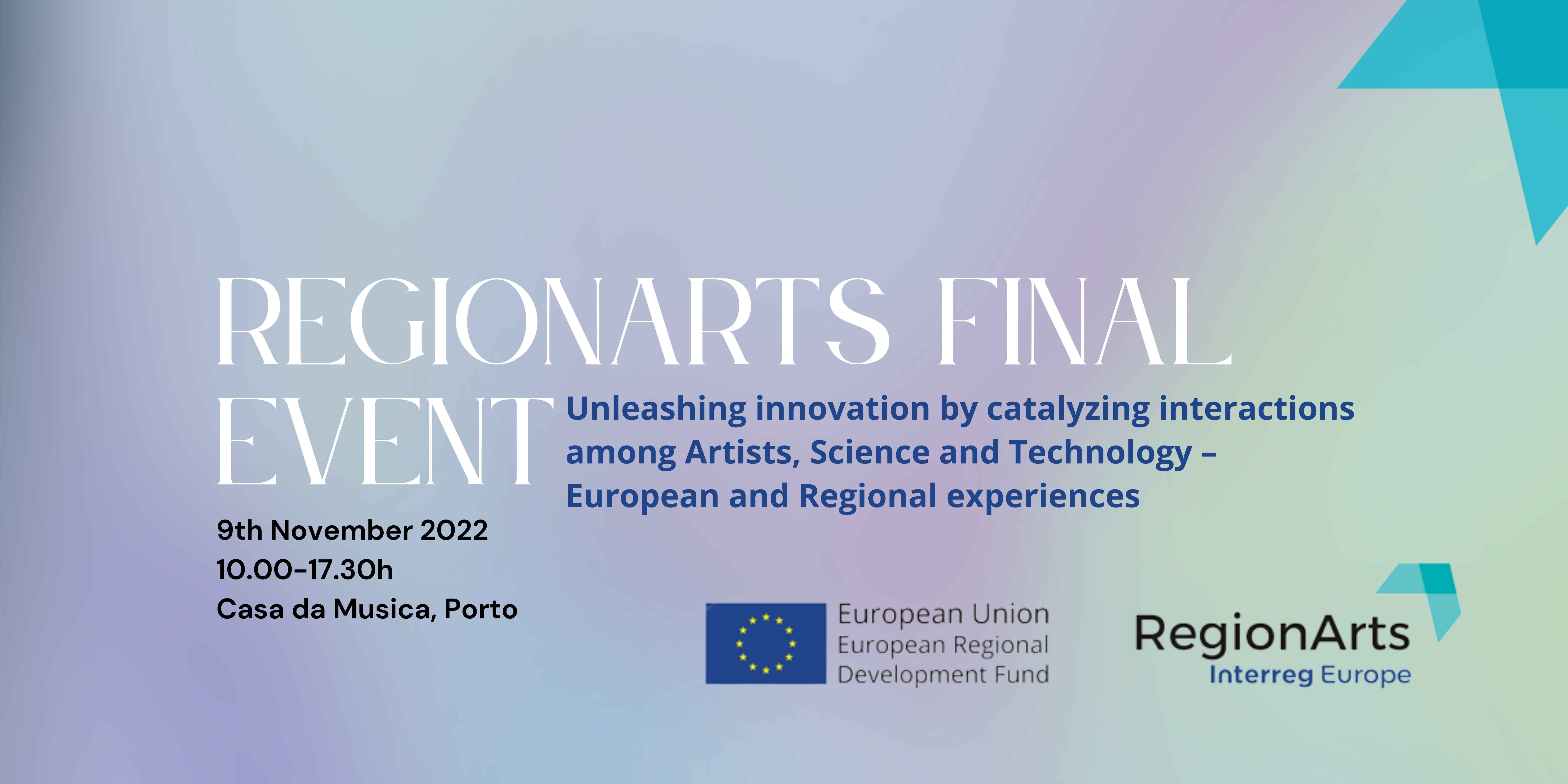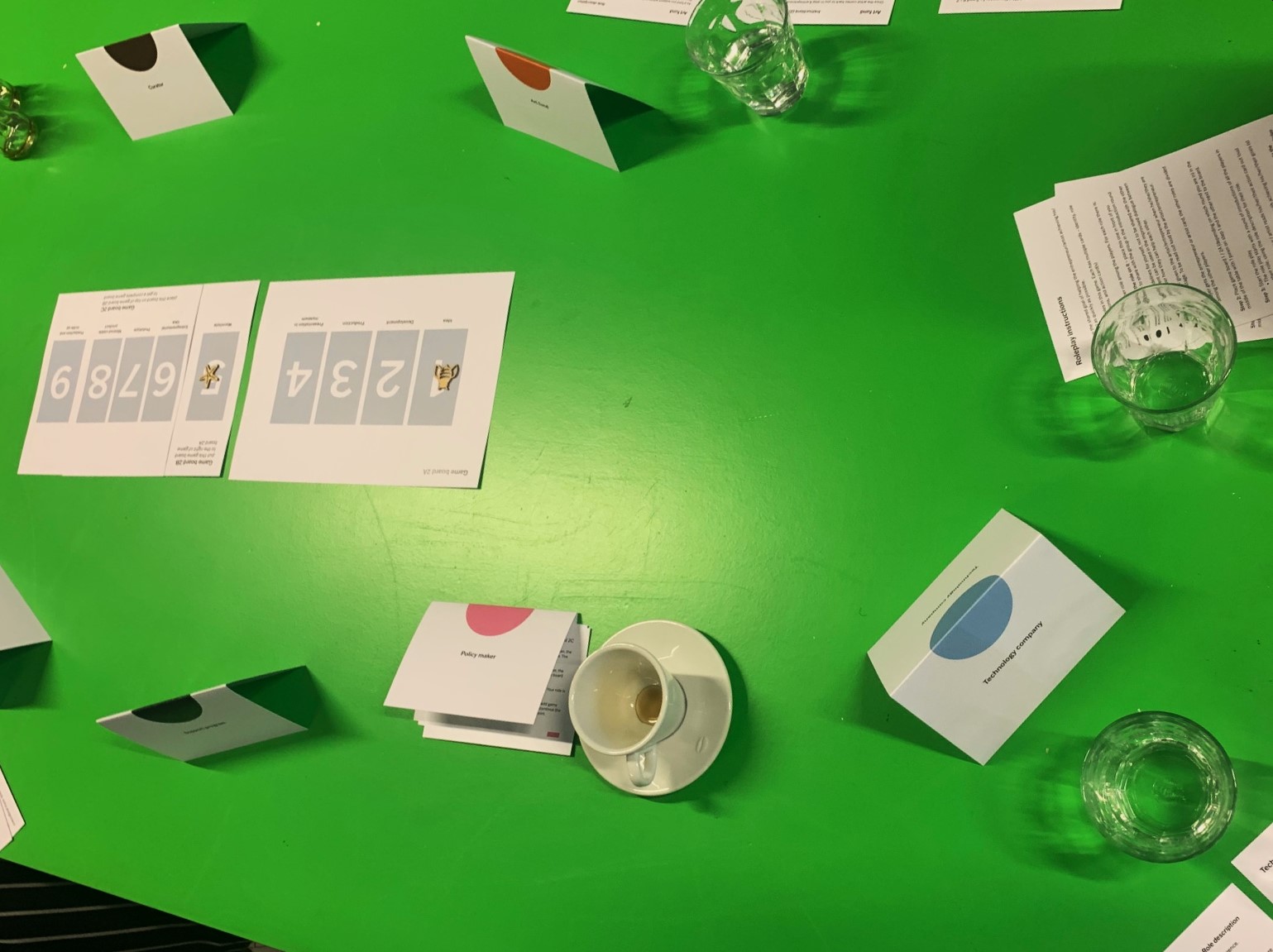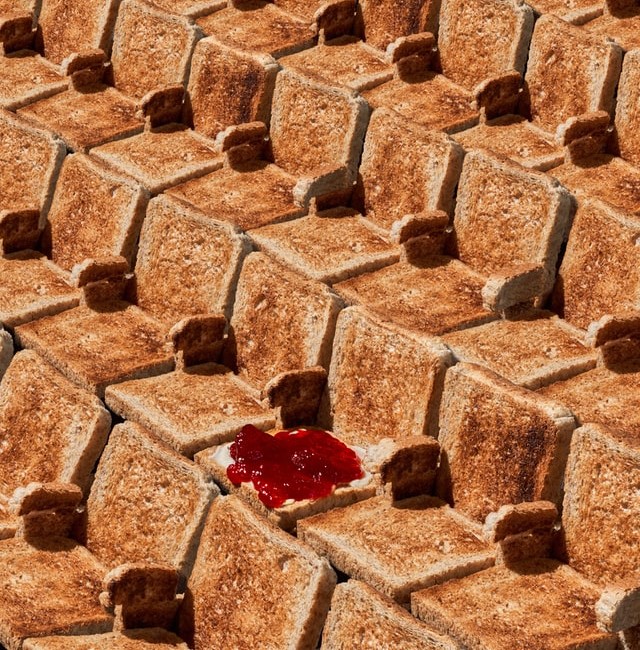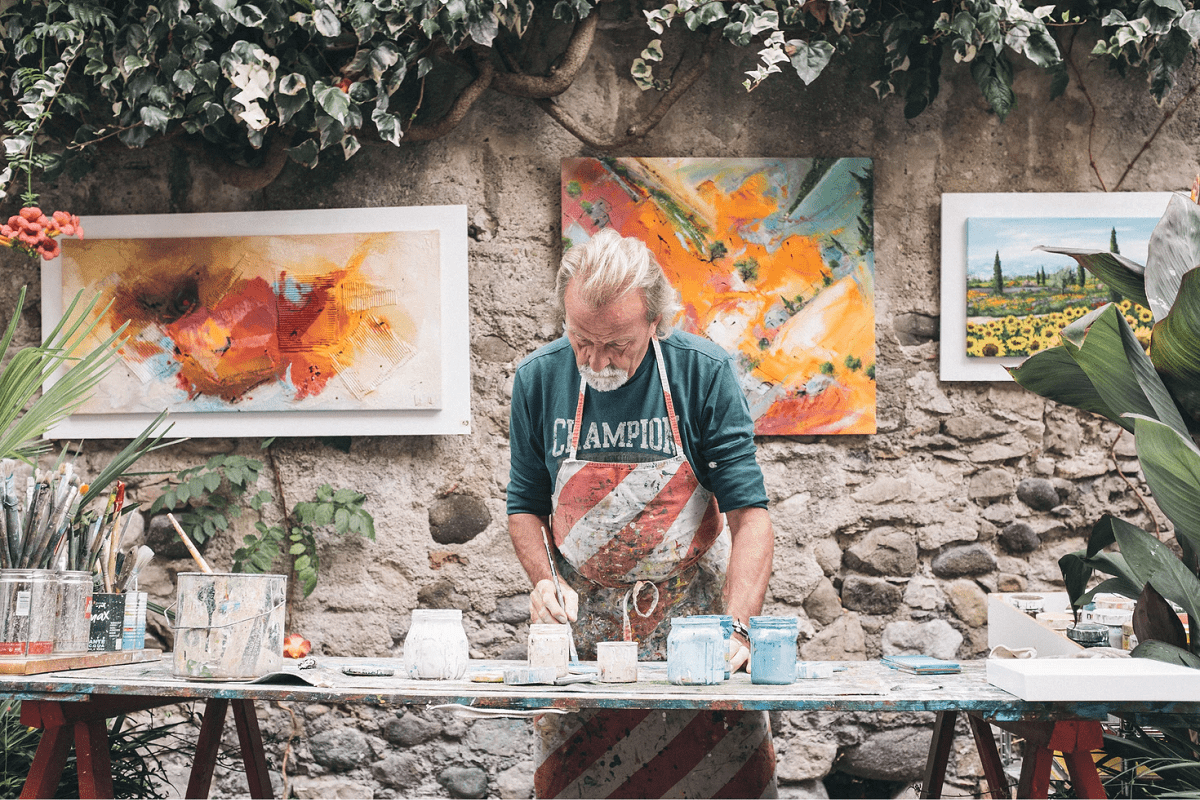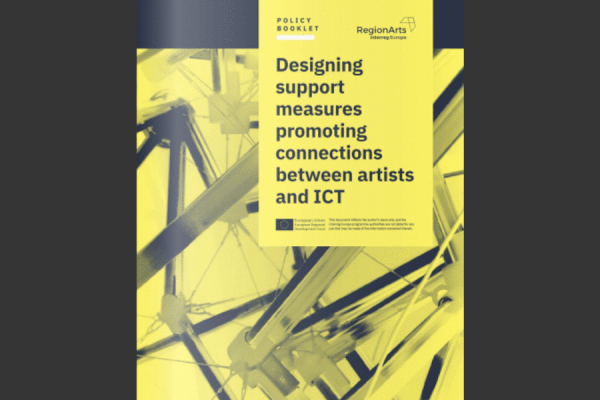Submissions for STARTS 2020 are almost closing. The prize, created by the EU Commission, honours artistic innovation in science/technology. Its goal is to foster creativity, benefitting the scientific and cultural world. People are its centre, and contemporary challenges are aimed at. At this point, it’s nice to recap 2019’s winners.
The challenge’s total amount of prize money is 40.000 €. This is then divided by two prize winners, which are featured at BOZAR and Waag. This happens every year, with jurors voting in June. There are two versions of the award. While the first regards innovative collaboration, the second concerns artistic exploration. “Innovative collaboration” is awarded to arts-technology cooperative productions. The second is given to artistic game-changers. In other words, it works altering perceptions of technology.
Creative Winning: Ciutat Vella’s urbanism; and Project Alias
In 2019, the Grand Prize for innovative collaborators went for Ciutat Vella’s Land-use Plan. The award for art explorations went to Project Alias. Ciutat Vella won with a brilliant concept. The group’s starting point was a known problem. It regarded the impact of businesses on the Barcelonan district. To improve local livability, a team of urbanists was assembled. The group was quite multidisciplinary, drawing from distinct areas. For example, it included architects, technical consultants and lawyers.
How did the team address their challenge? By harnessing the power of data. Here lies, perhaps, the project’s creative secret. Nowadays, data is being criticized for its negative impact. For being used as a means of control, not empowerment. Here, Ciutat Vella turned the table. It used the information to “unleash the potential of human-centred urban planning.”
To achieve its goal, the project used different methodologies. It went through 4 steps: research (with data); co-creation (with the participation of citizens); proposal (with simulations); and approval (regulations).
The first phase developed a critical data atlas. Such was critical to assess how livability was being impacted. It analyzed several aspects of Ciutat’s urban web. First, it took a look into the population’s physical and sociodemographic aspects. This included topics like age, income or gender. Second, it tracked the districts economic activities. It also classified them into different types, producing a fine-grained analysis. This was then used to discover which businesses produced the most revenue. Why was this critical? To understand which could be more easily limited. Third, it tracked neighbourhood routes used by locals and tourists. This allowed traffic to be restricted and purposefully redesigned. Fourth, the impact of urban activities (noise, pollution, etc…) on inhabitants was assessed.
The above allowed a data web of Ciutat to be built. This was then combined with a participatory process, focused on locals. It involved local actors, public events, and district workshops. By including a digital participation platform, popular voices were enabled to be heard. While the participatory phase was underway, economic predictions were made. These tried to anticipate the result of policies.
The second STARTS 2019 Prize went to Project Alias. Like the above example, it started with a problem. This regarded the privacy issues and technical difficulties of virtual assistants. Here, it distinguished itself from “Ciutat”. “Ciutat” was a project planned for an aggregate of people. “Alias”, had a much more individual-oriented design.
Over the last years, voice assistance development is increasing. While these technologies are growing, so are derived privacy issues. Customers are worried, for example, about privacy problems. Technical difficulties can also arise, upsetting users.
The above-stimulated designers Bjørn Karmann and Tore Knudsen’s creativity. The first was an Amsterdam-based designer, from Denmark. The second’s area was Interaction Design and was based in Copenhagen.
How did the designers address voice assistance issues? Thorough a deceptively simple idea. They created a small device, which is put on top of voice assistants. By doing so, it acted as an intermediary between the user and the device. Alias worked in a simple fashion. It produced a constant noise, which fed into the assistant’s microphone. Doing so, confused the latter’s sound recognition. This stopped the assistant from acting upon an individual’s voice. When setting up Alias, the user-created a wake-word. When the wake-word was pronounced, Alias activated the sound assistant. It did so by playing the recording of the original wake-word.
The two projects above were STARTS’ 2019 winners. They highlighted an important aspect. The prize highly prioritizes innovation, and “game-changing”. What counts, more than technological prowess, is… creativity.
